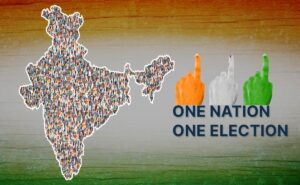
The government has said the first victims of the infected blood scandal will receive final compensation payments this week.
Ten people have been offered a settlement worth over £13m in total, with thousands more applications due to be processed from January.
More than 30,000 people contracted HIV and hepatitis from contaminated blood products in the 1970s and 80s.
In May 2024, a damning report found the authorities covered up the scandal and exposed victims to unacceptable risks.
Chancellor Rachel Reeves said in the October budget that £11.8bn had been set aside to compensate victims, in what is thought will be be the largest payment of its kind in NHS history.
Around 4,000 survivors and bereaved partners have already received a series of interim payments worth up to £310,000 each.
A new organisation, the Infected Blood Compensation Authority, has been set up to administer final payouts to those infected and their families.
The government has said the first few victims have now accepted offers and are due to receive the money in the coming days.
The individuals, whose identities are being kept private, were infected with potentially deadly viruses after receiving a contaminated blood transfusion, or a treatment for haemophilia or a similar blood disorder.
Another 25 people have been invited to make their claim for final compensation and are expected to receive offers shortly.
Cabinet office minister Nick Thomas-Symonds, said “no amount of compensation” could fully address the suffering as a result of this scandal.
“I hope this shows that we are doing everything possible to deliver significant compensation to people infected and affected,” he added.
“After so many years of injustice, I hope that this brings some reassurance to a community who have suffered immeasurably that action is being taken.”
The government has been holding fresh talks with groups of survivors and their relatives this week amid criticism that the compensation process has been too slow, and has not fully taken the views of families into account.
Some bereaved relatives were recently told their interim compensation payments, due to be made before Christmas, had suddenly been put on hold until they could provide extra documentation.
Earlier this week, the chair of the public inquiry into the scandal, Sir Brian Langstaff, wrote to ministers to raise concerns about a ‘groundswell of discontent’ with the way in which the process is being managed.
The chief executive of the Haemophilia Society, Kate Burt, described the news of the first final payments as “positive” but said it should not mask the “significant concerns that are felt across the community”.
“The reality behind this announcement is that there is widespread frustration at the slow roll-out of compensation and anger that the government does not seem to be listening to the community’s suggestions of how to improve the scheme,” she added.
“If there is to be rapid progress in paying compensation to the infected and bereaved then the government must start taking the concerns of those at the heart of this scandal seriously.”



